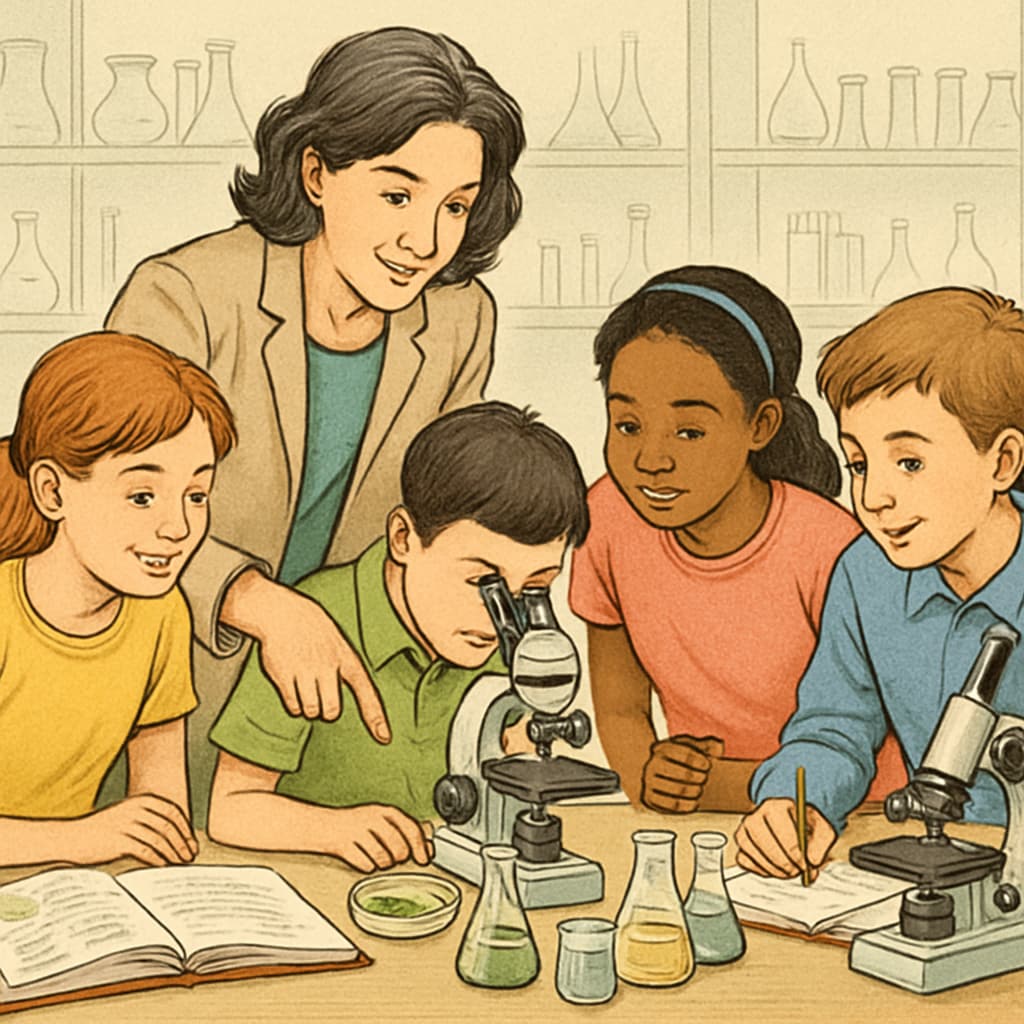For biology graduates, the prospect of pursuing a master’s in education may seem like a significant leap. However, the combination of a solid science background with teaching skills can open up rewarding career opportunities. This article delves into the feasibility of this transition, highlighting the unique advantages, challenges, and actionable strategies for those considering this career pivot.
Why Transition from Biology to Education?
Biology graduates are equipped with a deep understanding of life sciences, analytical thinking, and problem-solving abilities. These strengths can be effectively leveraged in the field of education, especially in STEM (Science, Technology, Engineering, and Mathematics) teaching. With the increasing demand for qualified STEM educators, a biology degree coupled with an education master’s (M.Ed.) can position graduates as highly sought-after professionals.
In addition, teaching offers a fulfilling career path where individuals can inspire the next generation of scientists and critical thinkers. For those passionate about sharing knowledge, this transition represents an opportunity to align personal interests with societal needs.

Challenges in Shifting from Biology to an Education Master’s
Despite its potential, this career shift is not without hurdles. Biology graduates might face challenges such as:
- Lack of pedagogical knowledge: Transitioning to education requires understanding teaching methodologies, curriculum design, and student psychology, which may be entirely new to science graduates.
- Certification requirements: Many teaching positions require specific teaching certifications in addition to a master’s degree.
- Potential pay disparity: Depending on the region, teaching salaries may initially be lower than those in certain biology-related professions like research or biotech.
However, these challenges are surmountable with dedication, proper planning, and the right resources.
Advantages of Combining Biology and Education
The intersection of biology and education offers several distinct advantages:
- Specialized expertise: Biology graduates bring subject-matter expertise, enabling them to teach complex concepts with clarity and relevance.
- Critical thinking skills: Scientific training fosters analytical and critical thinking, which are valuable in developing innovative teaching strategies.
- STEM advocacy: Educators with a biology background can play a pivotal role in promoting STEM education, which is vital for future innovation.
Moreover, the ability to inspire curiosity and a love for science in students is both impactful and personally rewarding.

Practical Tips for a Successful Transition
For biology graduates contemplating this shift, here are some actionable steps to ensure a smooth and successful transition:
- Research education programs: Look for master’s programs that offer STEM-focused education tracks or pathways for non-education undergraduates.
- Gain teaching experience: Volunteering, tutoring, or working as a teaching assistant can provide valuable insights into the education field.
- Understand certification requirements: Research the teaching credentials required in your region and plan to meet these alongside your M.Ed.
- Leverage transferable skills: Highlight your biology expertise, research experience, and communication skills in applications and interviews.
- Build a network: Connect with educators, attend education seminars, and join professional organizations to stay informed and inspired.
By adopting these strategies, aspiring educators can build a solid foundation for their new careers.
Conclusion: A Journey of Growth and Impact
Transitioning from a biology degree to a master’s in education is not merely a career change; it is a journey of personal and professional growth. While challenges may arise, the rewards—both in terms of job satisfaction and the impact on future generations—are immense. For biology graduates with a passion for teaching, this path offers a chance to combine their love for science with the joy of education, creating a meaningful and fulfilling career.
Additional resources: For more information on STEM teaching opportunities, visit STEM education on Wikipedia or education overview on Britannica.


